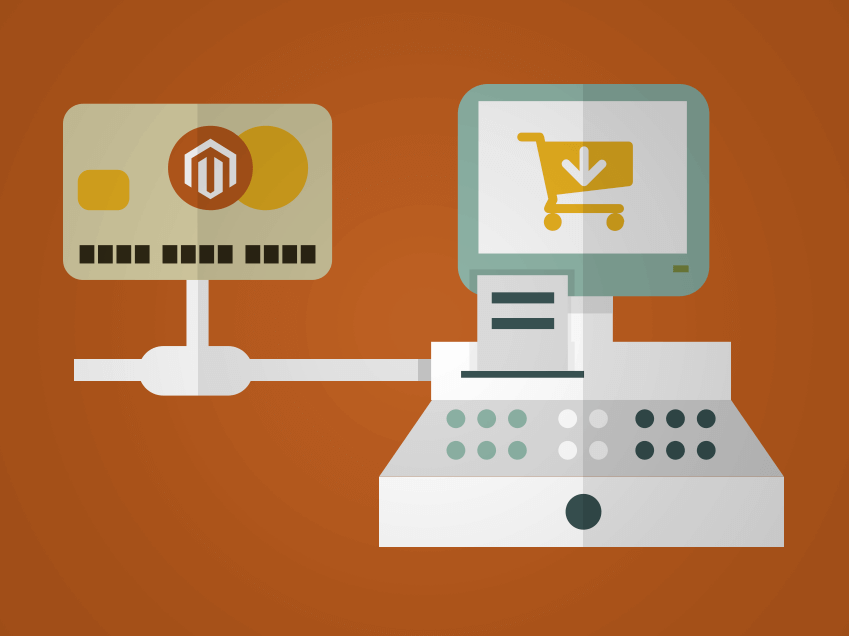Tips For Seamless E-Commerce ERP Integration
Posted on August 14th, 2019
The growth of an e-commerce business leads to a lot of changes and challenges. Perhaps one of the first challenges is the difficulty in manually feeding in data such as orders received, shipments dispatched, and more -- when an online store's business blooms, such tasks become virtually impossible to do by hand. It also adds to the risk of in-coordination, which can lead to myriad other issues. Therefore, it is vital to ensure seamless synergy between the e-commerce platform and the primary database. It is where ERP (Enterprise Resource Planning) comes in.

Primarily serving as the mainstay of the e-commerce business, ERP is a robust software solution that helps integrate and bring together the critical functional areas of the company. It facilitates the systematization of processes and automation of data collection as well as significantly enhances supply chain management. Also, with this synced, visible, and accessible data in their arsenal, businesses are not only able to improve the efficiency with which they execute their operations but are also able to coordinate their online and offline processes. Suffice it to say that integrating ERP with your e-commerce business will deliver a plethora of benefits, provided you do it right. So, here are some tips to help make sure that you get your e-commerce ERP integration right.
1. 360-degree integration: Integrating an ERP solution in your e-commerce business is admittedly a challenging endeavor. It is why you must take care to assess that the combination will not only serve your business' current requirements and will be of as much value in the future as well. Besides that, ensure that the combination includes things such as customer data, shipment information, orders, payments, and more. It must also provide that it updates data such as changes to product information, promotions, stock levels that are updated and automatically sent to the e-commerce website.
2. Testing: The cardinal rule of working with any software solution is: Don't forget to test it before implementation. Testing allows you to identify issues, if at all, thus ensuring that the integration isn't delayed at later stages. It also allows your team to gauge if the solution has been appropriately integrated, is functional, and isn't experiencing any syncing issues.
3. Co-ordination between ERP and e-commerce teams: For the sake of successful integration, it is vital that the ERP company and the e-commerce development company work together. Why? Because the chances are that both will need to make some changes on their part to ensure that the integration is seamless and does what is expected of it. The lack of proper coordination between them can take a toll on the success of the alliance.
With a trusted set of Magento ERP solutions, or other solutions that suit the CMS you use, and the tips listed above, you can quickly implement a high-quality integration with your e-commerce website. So, before you even know it, your e-commerce business will be raking in massively better sales, allowing your company to scale new heights.